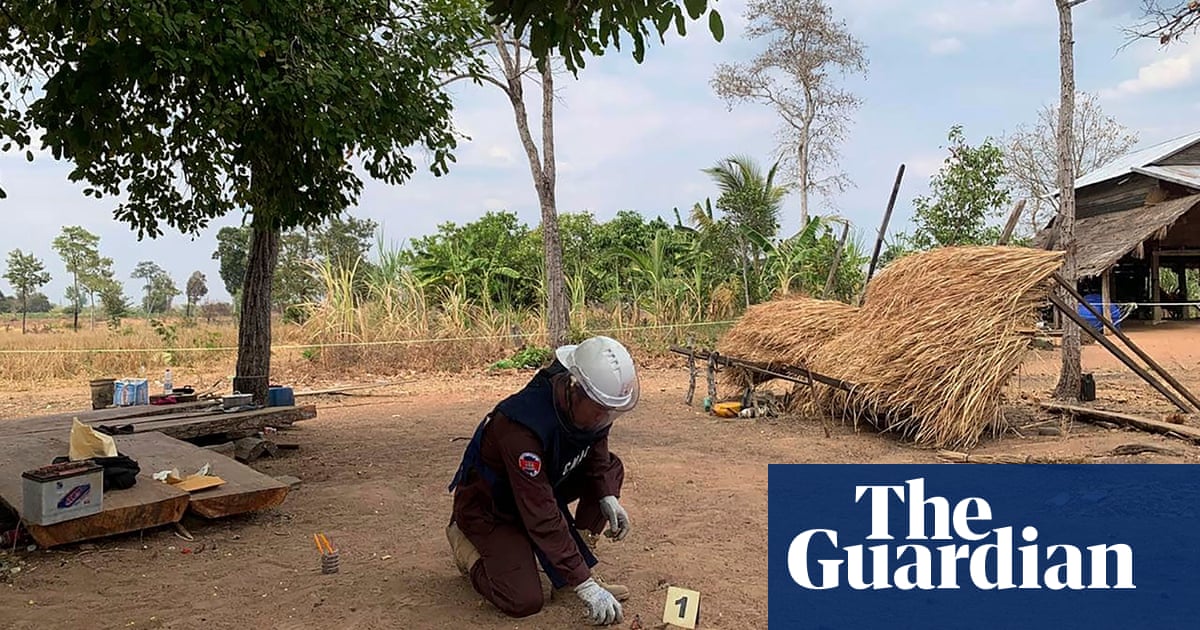A mass stranding of more than 150 false killer whales on a remote island beach south of the Australian mainland has taken a grim turn, with rough seas hindering rescue efforts.
In a struggle for survival, the heartbreaking sounds of the mammals’ labored breathing and faint high-pitched cries for help echo in Nelson Bay resident Jocelyn Flint’s distressing video filmed Tuesday near Arthur River in northwest Tasmania.
Initially, the Marine Conservation Program said 157 whales were stranded, with 90 found alive.
The government agency, along with the Tasmania Parks and Wildlife Service, has been working to save the whales, but challenging ocean conditions have repeatedly hampered their efforts.
Marine wildlife officials said Wednesday that attempts to refloat two relocated whales failed, as strong currents and waves continuously pushed the animals back to shore.
“The weather forecasts predict similar weather for at least the next two days,” the Marine Conservation Program said. “Animal and human safety is a priority during this response. Following expert wildlife veterinarian assessments, we have decided euthanasia will be required for animal welfare reasons.”
Unfortunately, it’s expected all remaining alive whales will be euthanized, the agency said.
“The longer these animals are stranded, the longer they are suffering,” marine wildlife officials noted.
The Tasmania Parks and Wildlife Service has closed several nearby areas to protect the public and to allow responders to work.
The cause of the mass stranding remains under investigation.
Article by:Source:











